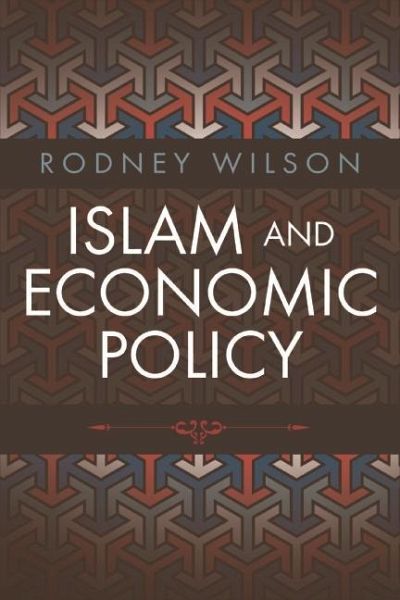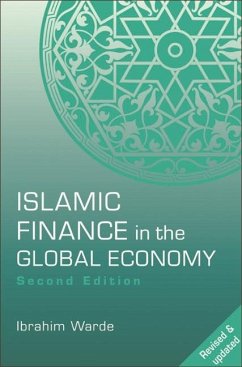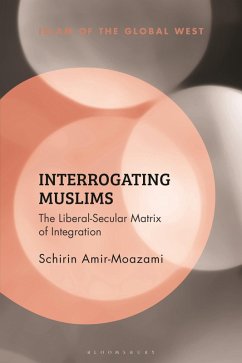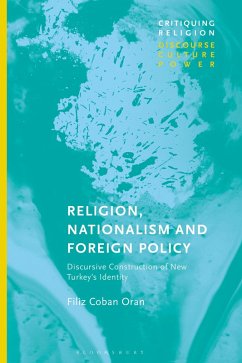
Islam and Economic Policy (eBook, PDF)
An Introduction

PAYBACK Punkte
0 °P sammeln!
To what extent do Islamic values have implications for economic policy making?Islamist political parties have enjoyed unprecedented election victories in recent times. The Islamic Revolution in Iran, the election of the Justice and Development Party in Turkey and the coming to power of Islamists, albeit briefly, after the Arab Spring, has changed the political landscape in the Middle East and has ramifications for the entire Muslim World. Yet the continuing success of these parties depends on their record on economic development and employment creation. Are their economic policies different fr...
To what extent do Islamic values have implications for economic policy making?
Islamist political parties have enjoyed unprecedented election victories in recent times. The Islamic Revolution in Iran, the election of the Justice and Development Party in Turkey and the coming to power of Islamists, albeit briefly, after the Arab Spring, has changed the political landscape in the Middle East and has ramifications for the entire Muslim World. Yet the continuing success of these parties depends on their record on economic development and employment creation. Are their economic policies different from those of their autocratic predecessors? Have they been influenced by the writings of academic Islamist economists? This book looks at the impact of Islamic teaching on public economic policy and asks how Islamic economics differs from mainstream micro and macroeconomics.
Key Features
Islamist political parties have enjoyed unprecedented election victories in recent times. The Islamic Revolution in Iran, the election of the Justice and Development Party in Turkey and the coming to power of Islamists, albeit briefly, after the Arab Spring, has changed the political landscape in the Middle East and has ramifications for the entire Muslim World. Yet the continuing success of these parties depends on their record on economic development and employment creation. Are their economic policies different from those of their autocratic predecessors? Have they been influenced by the writings of academic Islamist economists? This book looks at the impact of Islamic teaching on public economic policy and asks how Islamic economics differs from mainstream micro and macroeconomics.
Key Features
- Looks at how Islamic values can influence choices made by businesses and governments
- Asks whether Shari''ah teaching affects taxation and social welfare policies
- Assesses the potential of Islamic economics to provide an alternative to a capitalist economic system and looks at the implications for international economic relations
- Individual chapters evaluate the economic successes and failures of OIC member states (Bangladesh, Egypt, Indonesia, Iran, Malaysia, Pakistan, Tunisia and Turkey) and their changing status in the global economic order
Dieser Download kann aus rechtlichen Gründen nur mit Rechnungsadresse in A, B, BG, CY, CZ, D, DK, EW, E, FIN, F, GR, HR, H, IRL, I, LT, L, LR, M, NL, PL, P, R, S, SLO, SK ausgeliefert werden.













